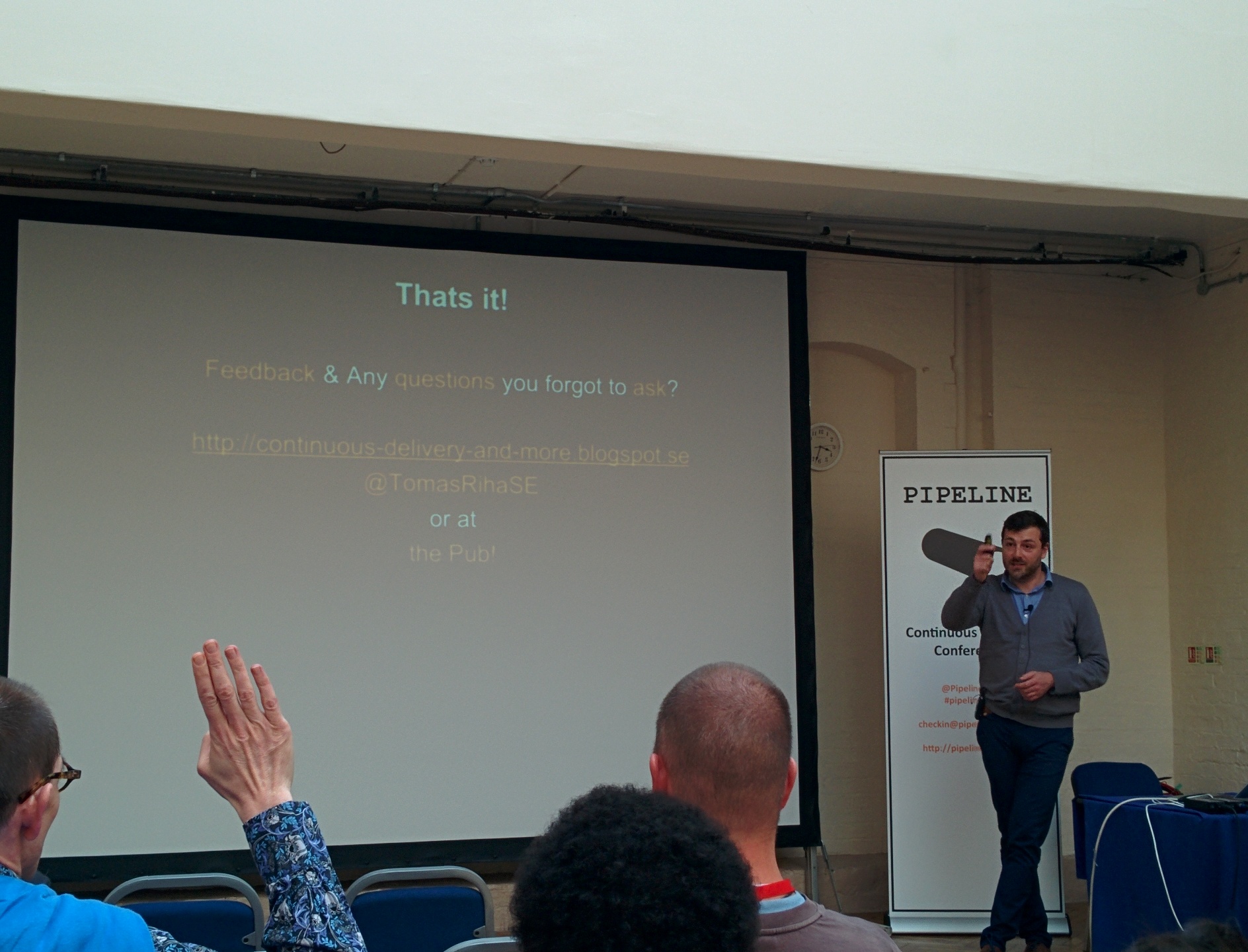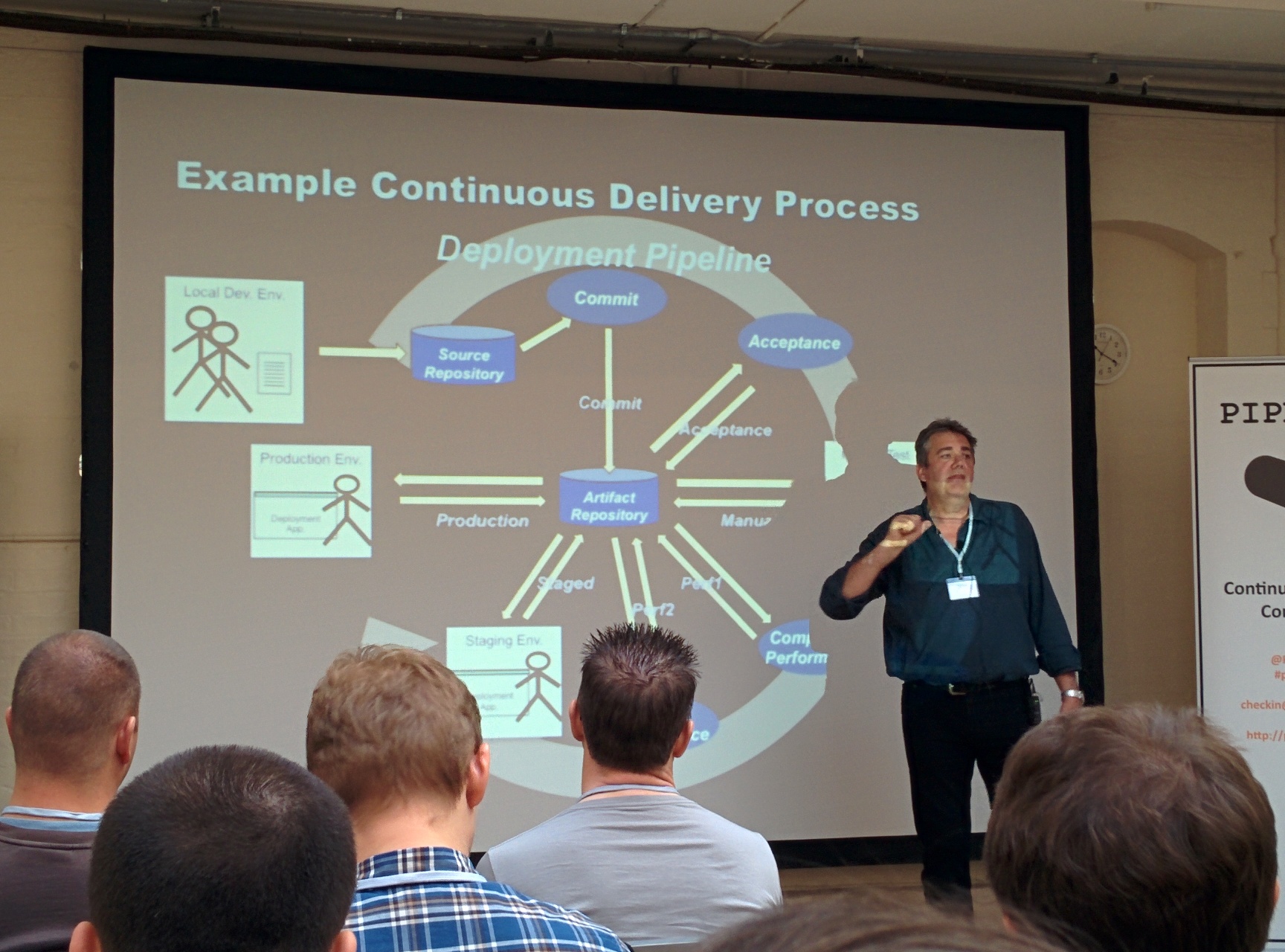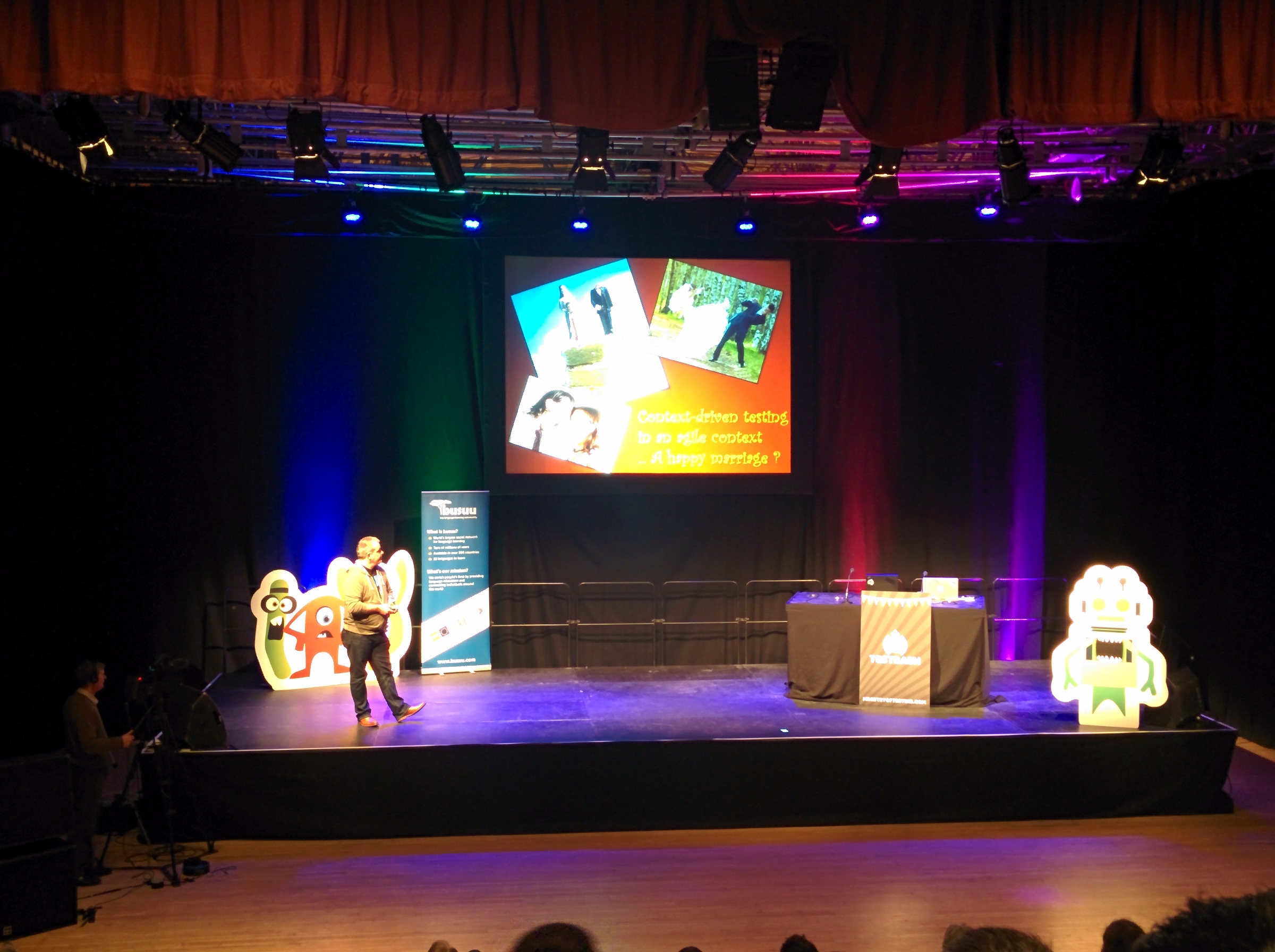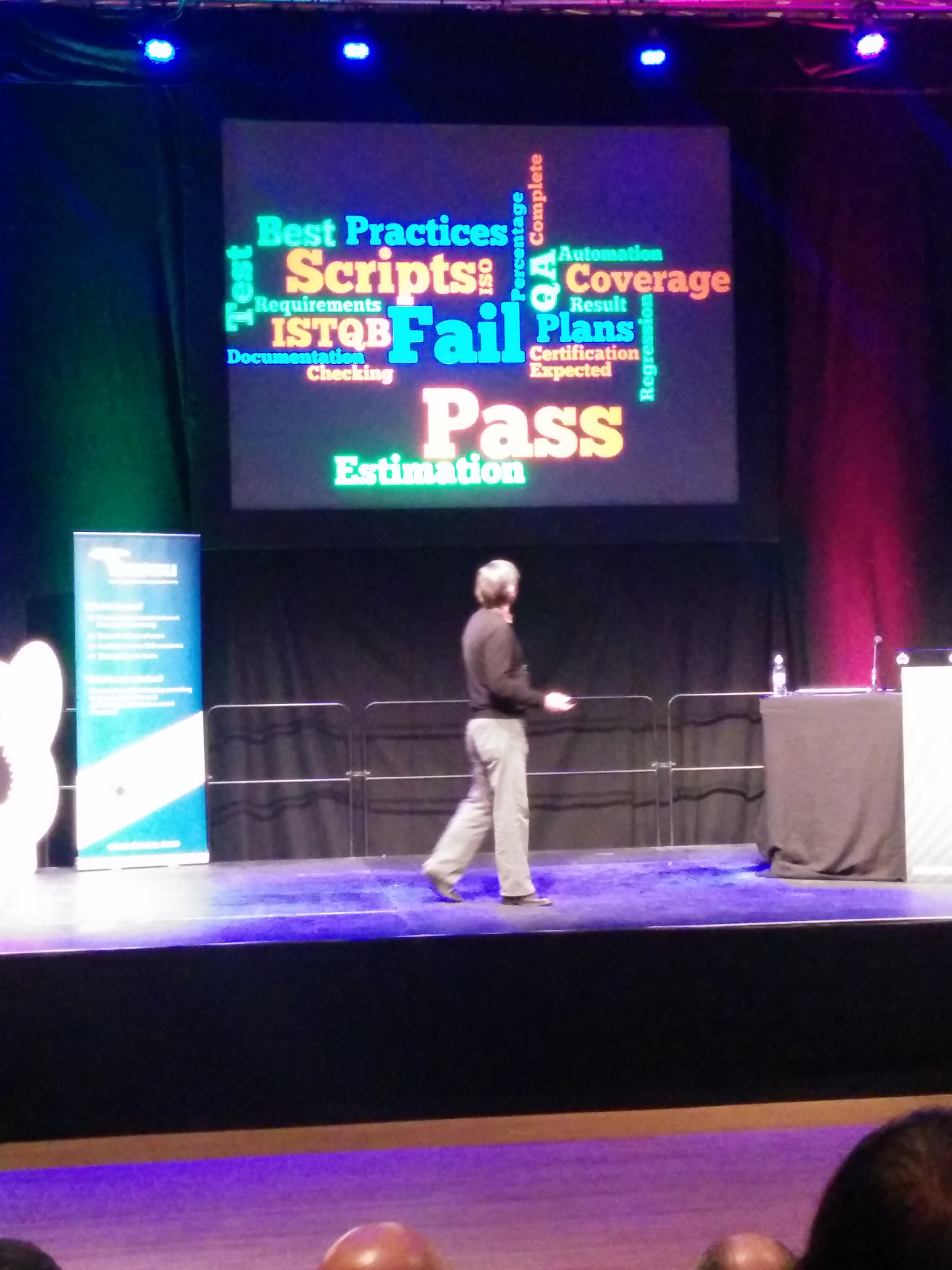The London Tester Gathering Workshops 2014 are nearly here. Last year I had a great time at the event – it had a really inclusive feel and I learnt a lot from the sessions that I attended.
My review is here, if you want to read about how good it was last year 🙂
This year I’m running one of the workshops. It will be about Testing Mobile Software, and promises to be a lot of fun (I hope).
Want to take part in a hands-on workshop and get an overview of mobile testing? Stephen Janaway will explain some of the common mistakes that are made when starting to test mobile, and will give you the opportunity to put into practice what you learn straight away.
We are increasingly moving towards mobile devices to fulfil our day-to-day computing needs. More smartphones are sold than PCs but many people are unclear on what changes to test strategies are needed when working with mobile.
We’ll spend a majority of the session testing a mobile application across a variety of platforms, and reporting the results in real time to the rest of the group. All you need to bring along is an open mind and as many mobile devices as you can get your hands-on.
Tickets are currently a bargainous £250+VAT until 19th September, and for that you get two full days of workshops, covering everything from mobile to automation, exploratory testing to creative thinking. Well worth it.
What are you waiting for? Sign up 🙂











